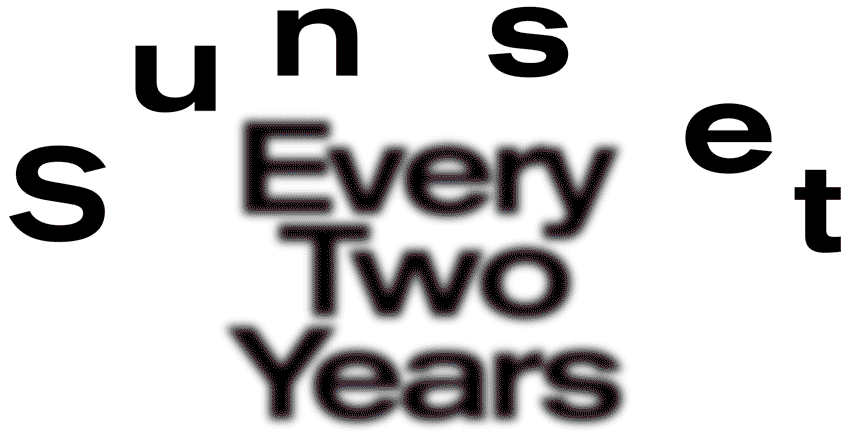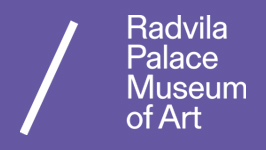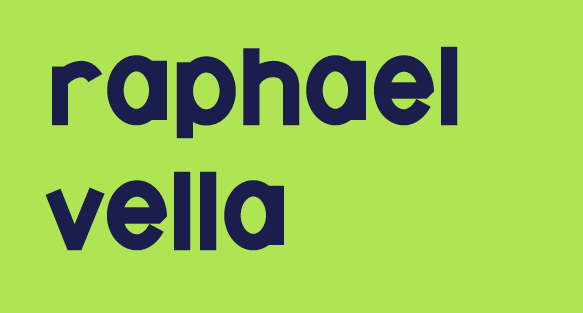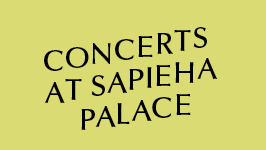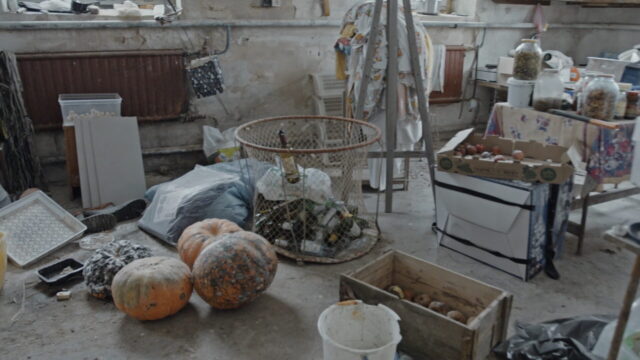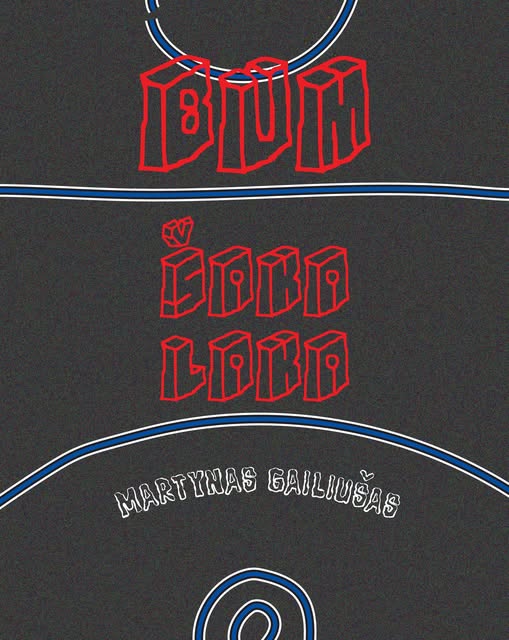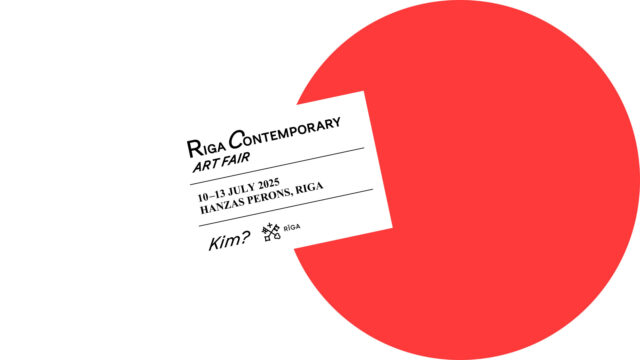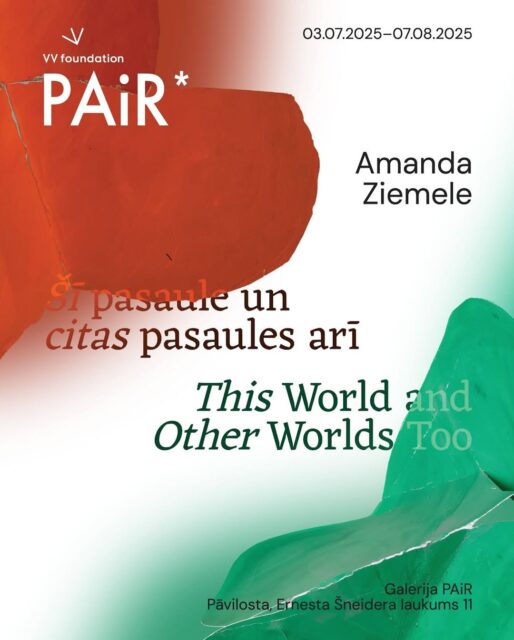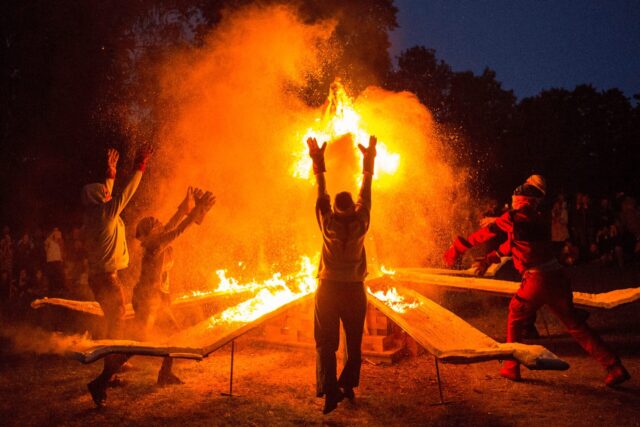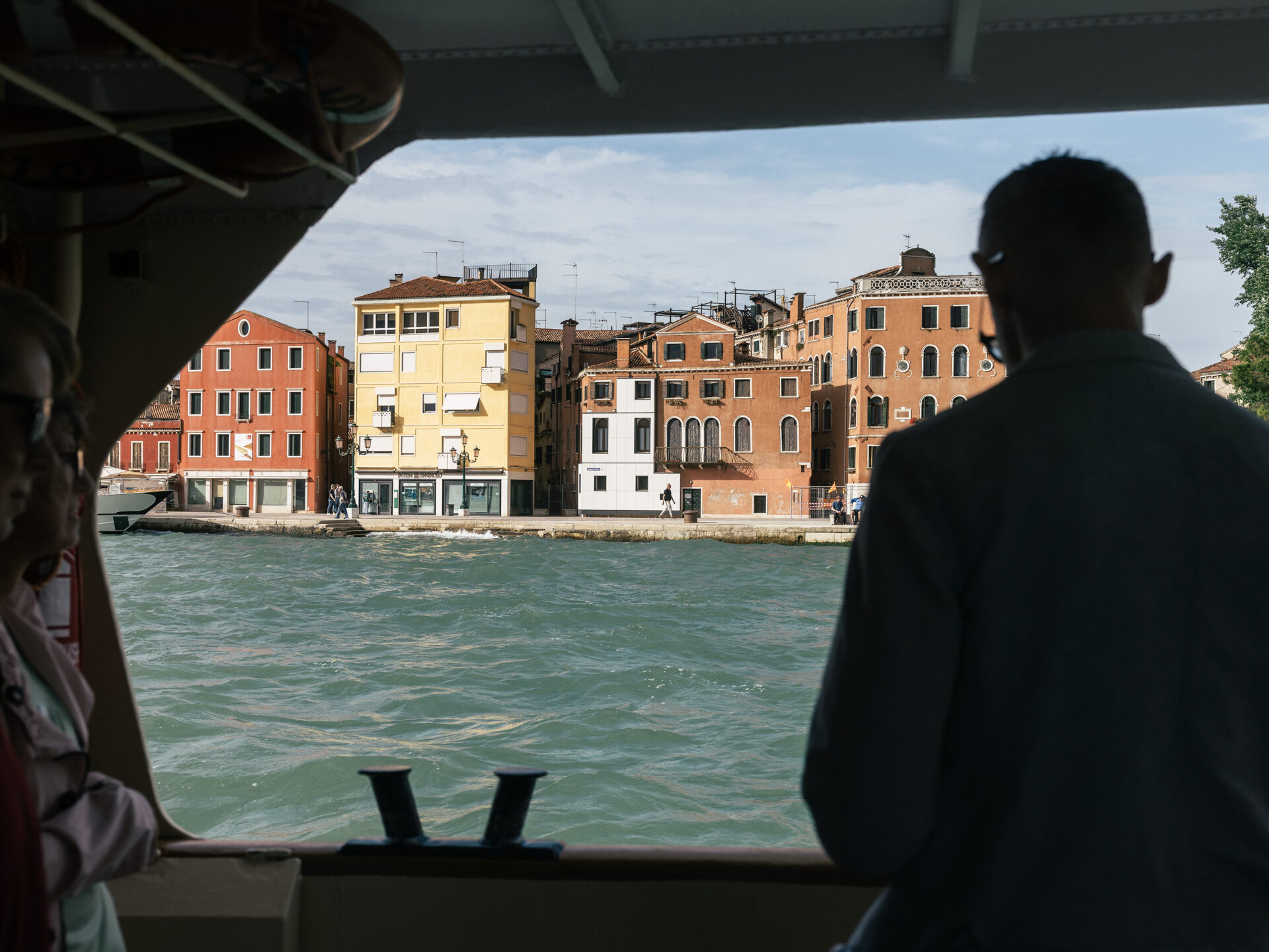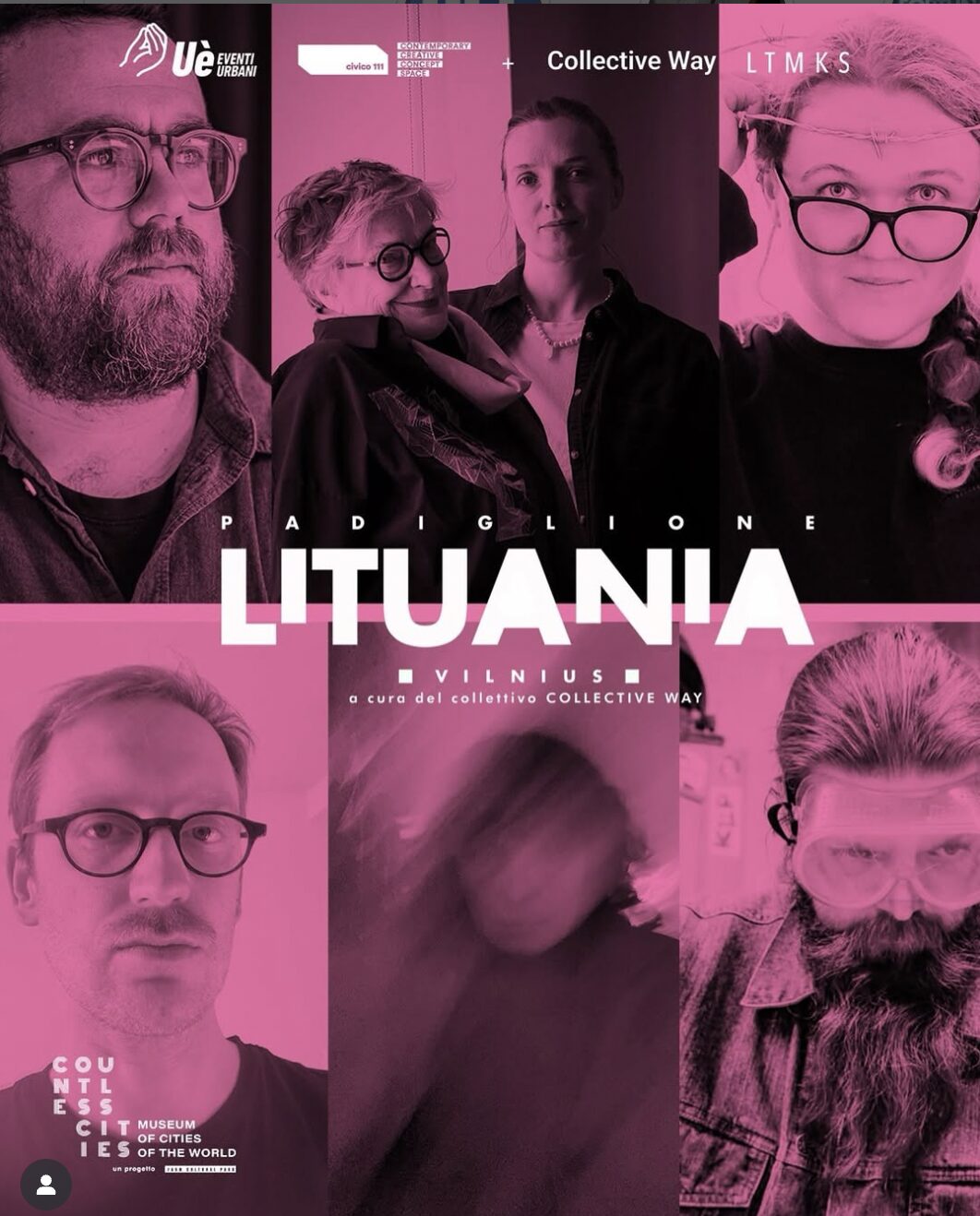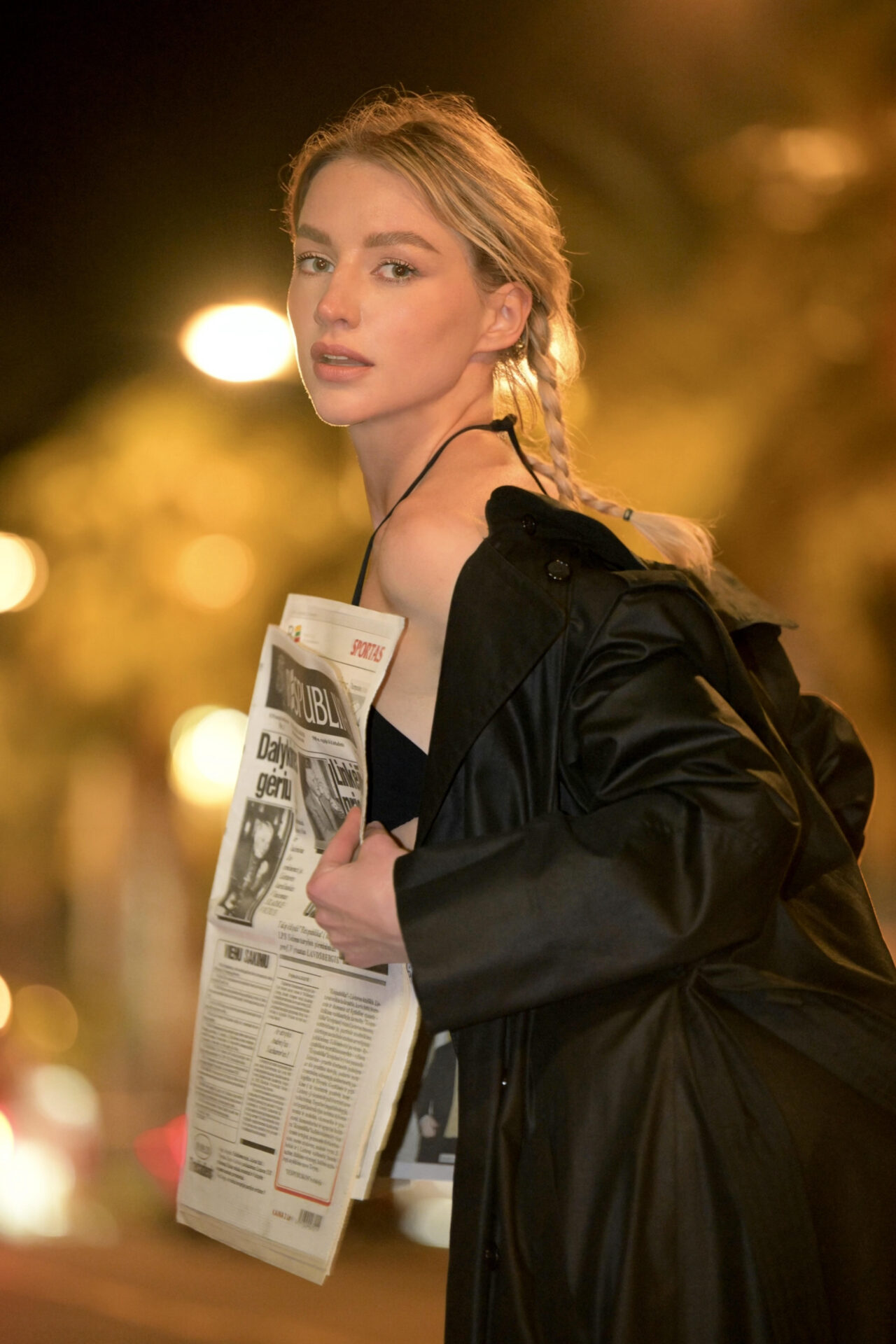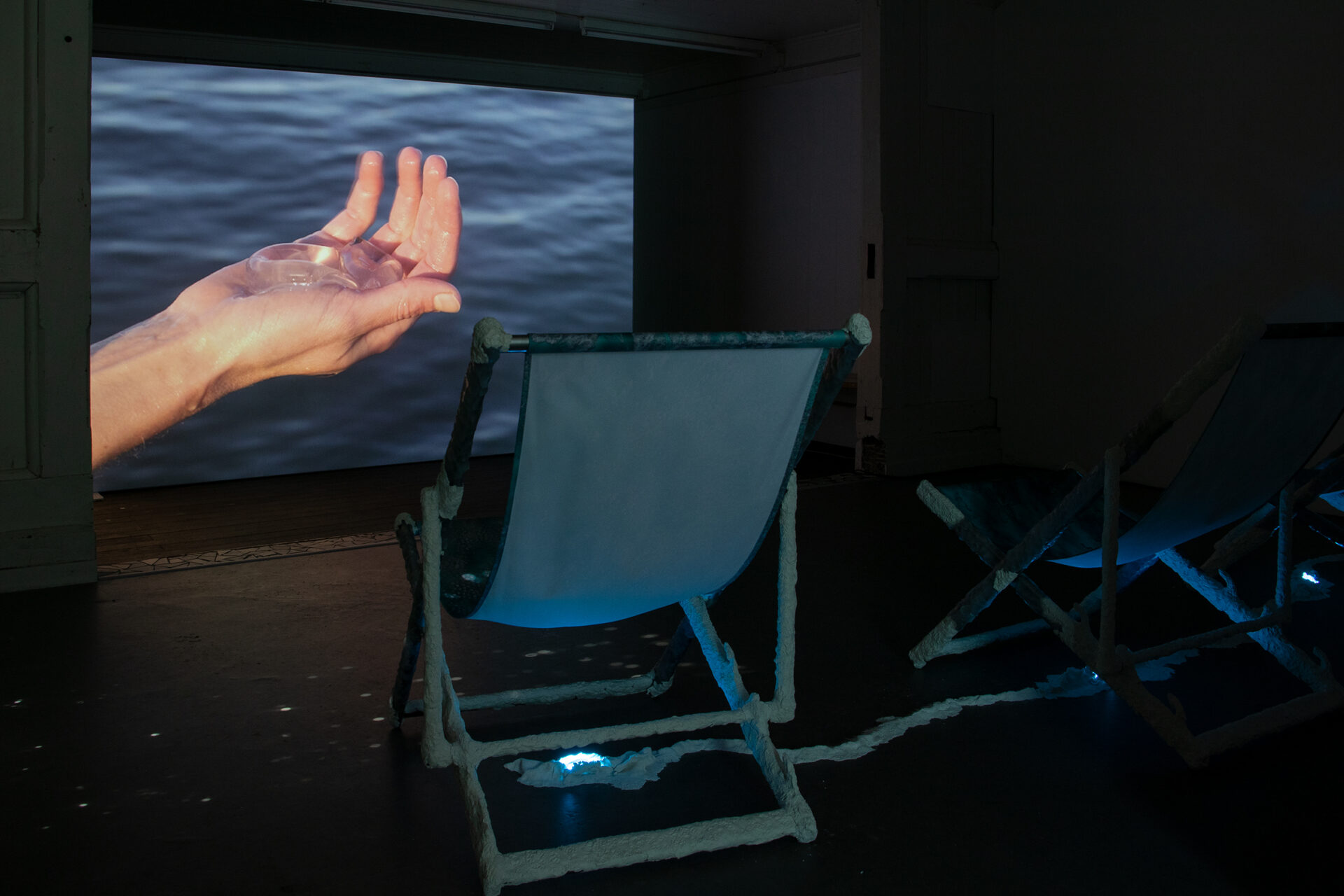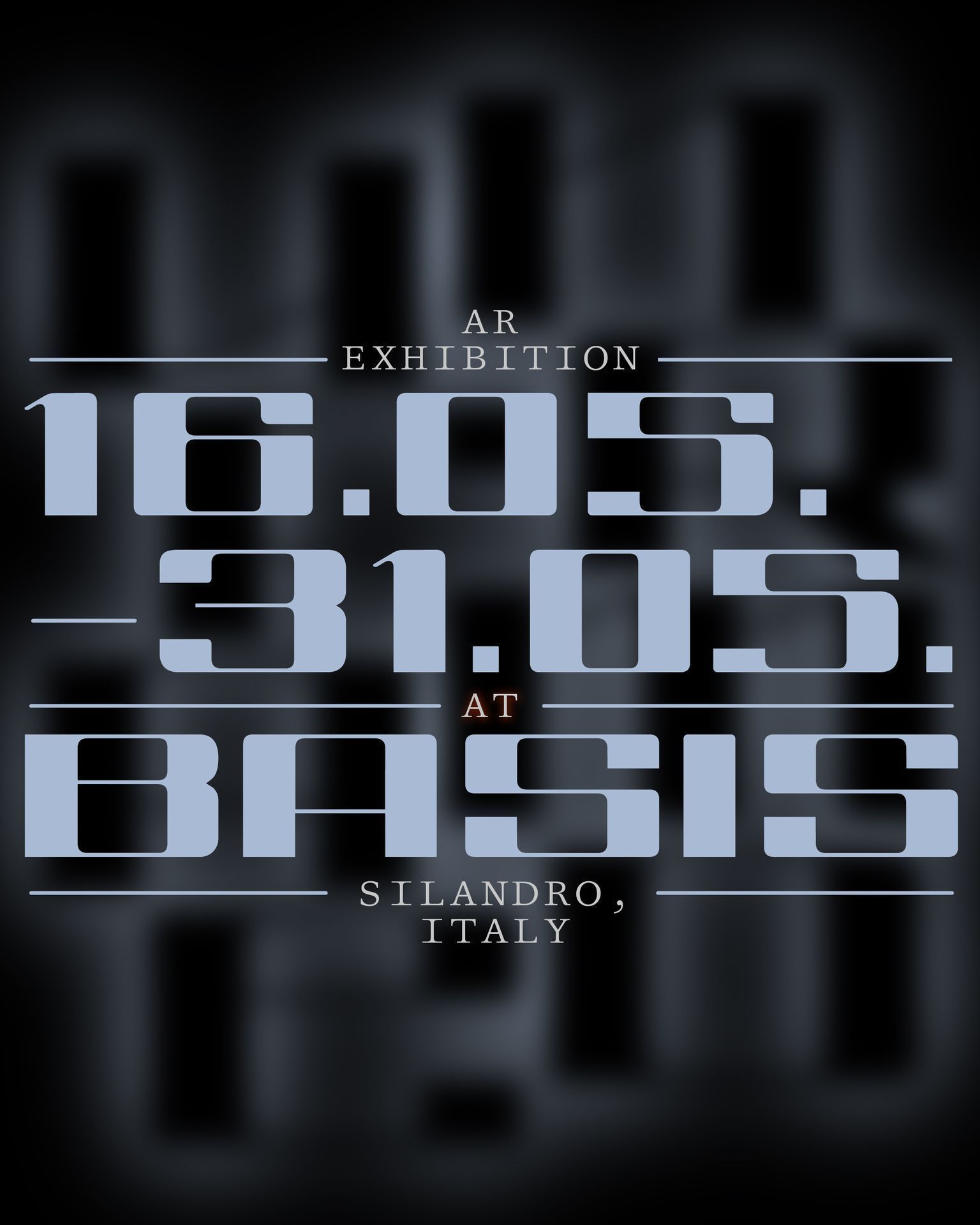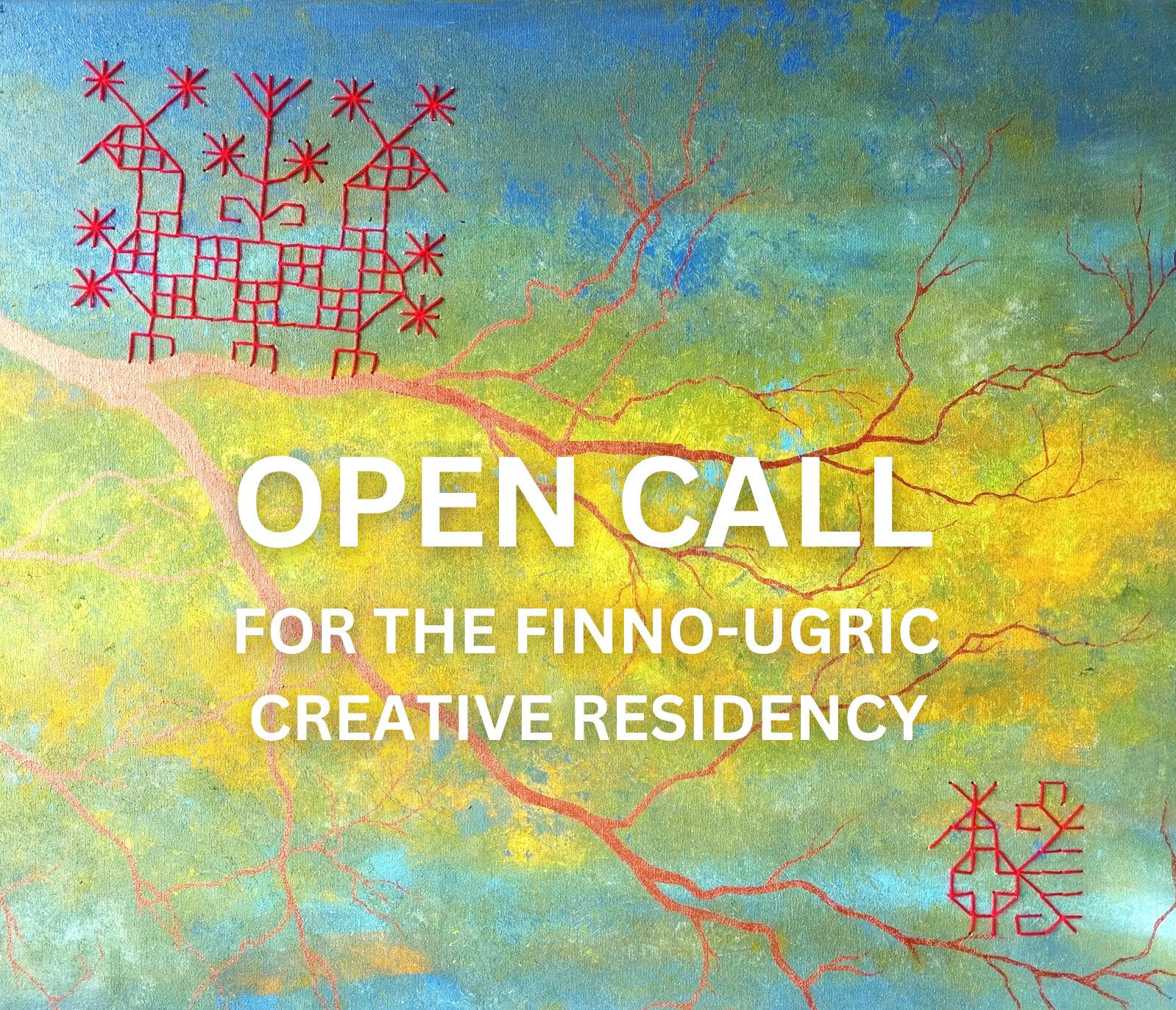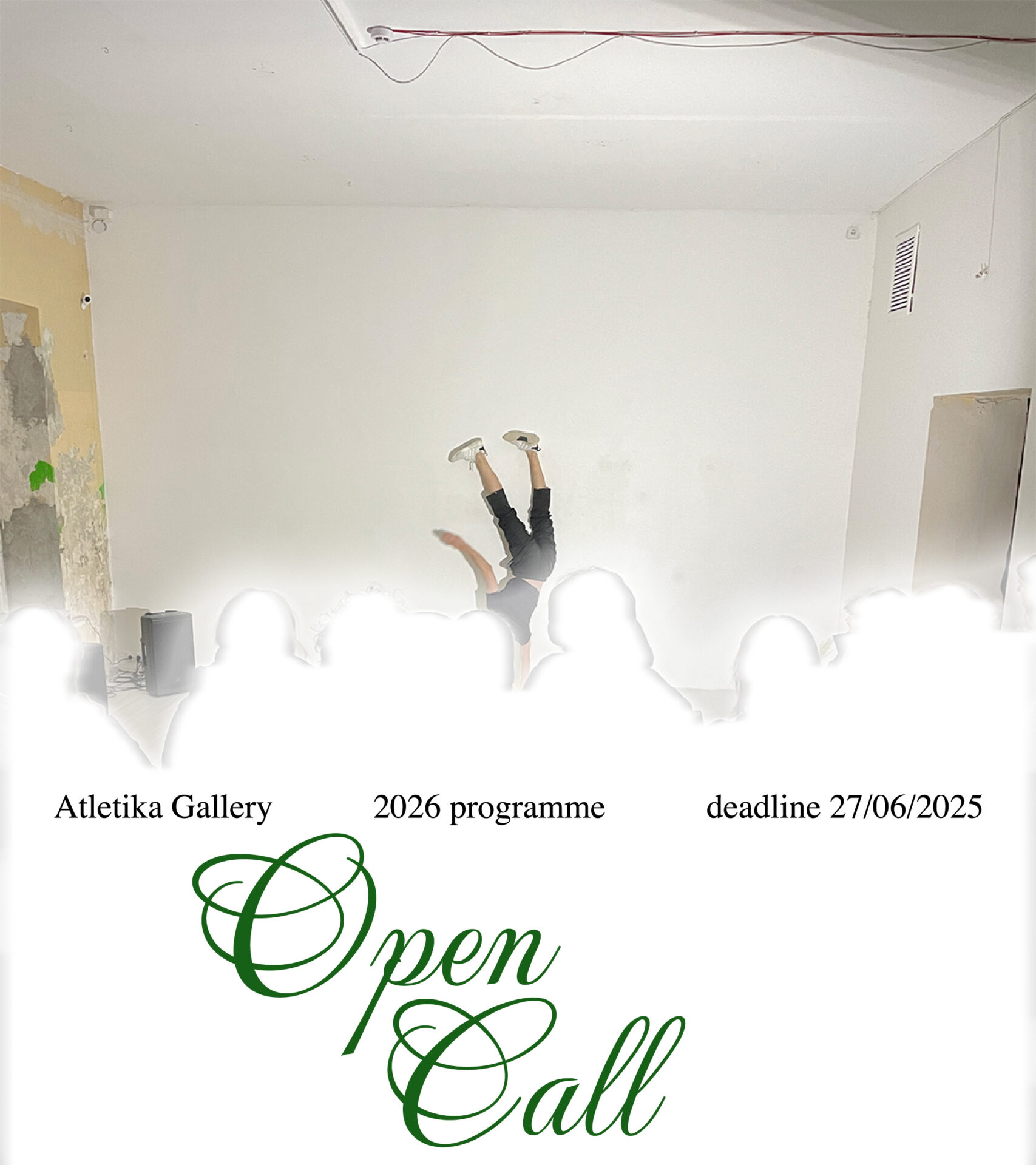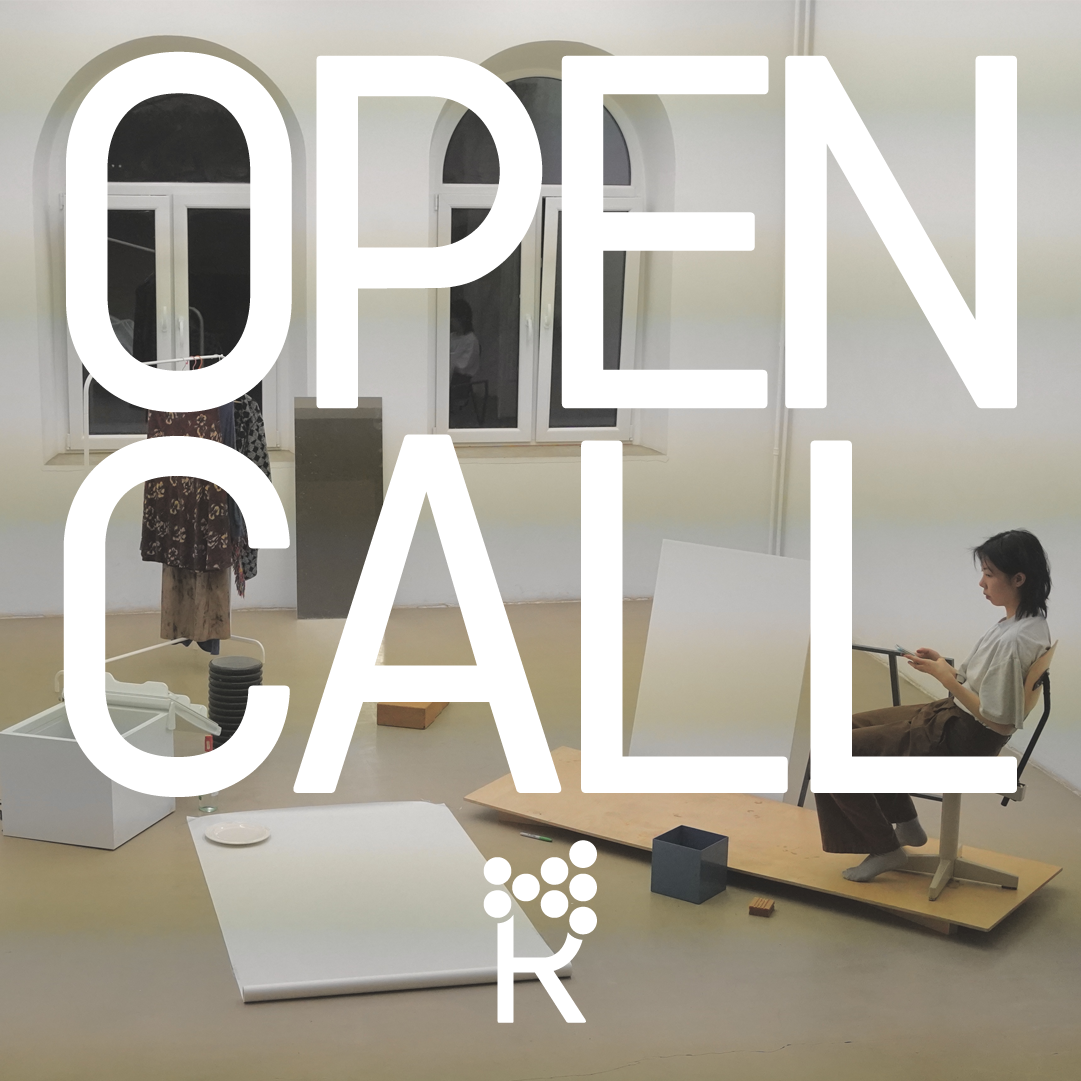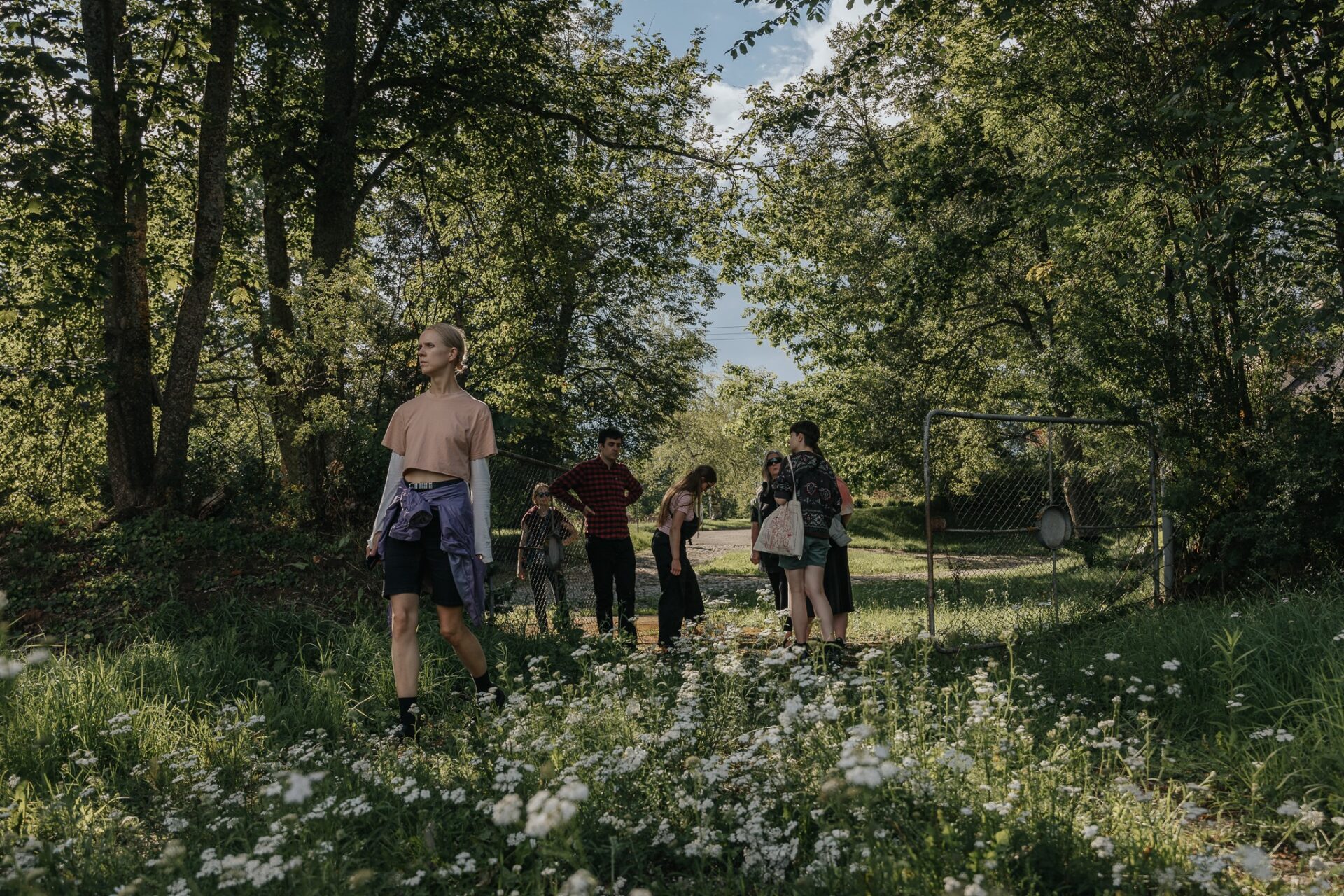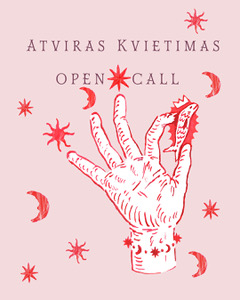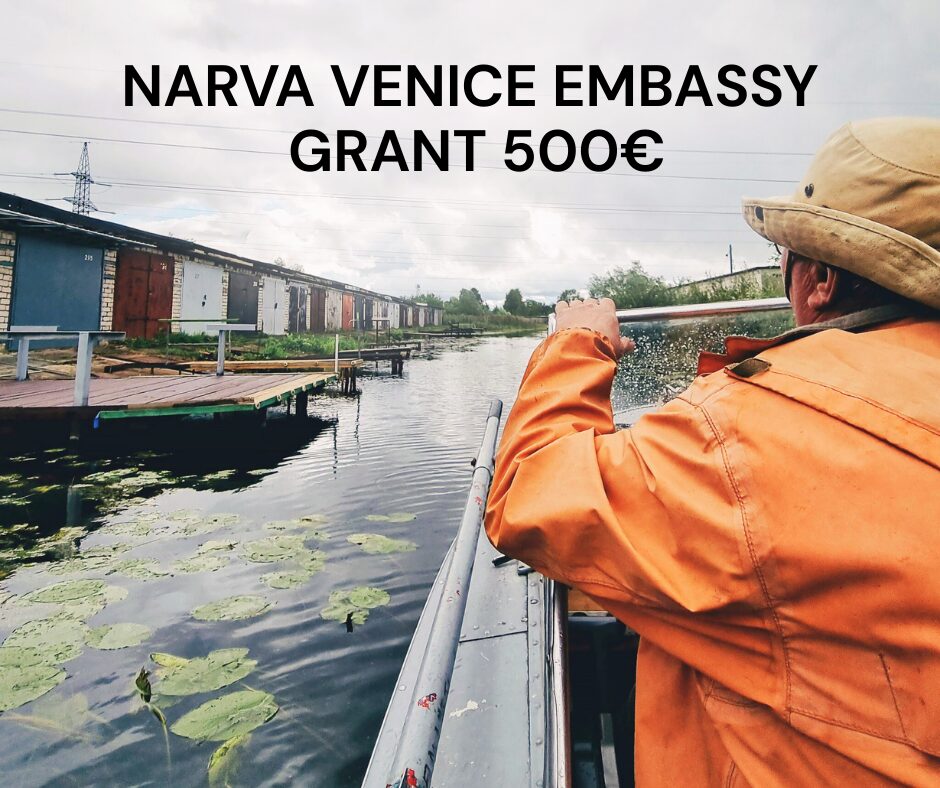The Latvian Centre for Contemporary Art (LCCA) invites to the exhibition Ghosts of Impossible Present, in which artists from the Baltic states address the ghosts of our shared ecosystems – the traces left by ecological disasters and wars in the environment, plants and creatures. The exhibition will take place at the Non-Profit Art Institution State of Concept Athens in Greece, from May 31 to June 28, 2024.
For a long time ecological concerns in the Baltic region have been overshadowed by geopolitical problems, imperialist aggression, the polarisation of society, and social inequality, among other issues. To raise awareness of the climate crisis, which is increasingly becoming a political priority, it is necessary not only to confront the pressures of global capitalism, but also to be aware of the legacies of colonialism, the roots of which are deeply embedded in the history of the Baltic states.
“The need for processes of decolonisation is increasingly evident, especially amidst the current period of socio-political upheaval marked by the war in Ukraine. The artists in this exhibition invite us to analyse the connections between climate catastrophe and colonisation, emphasising that only by confronting the ghosts of the past we can respond effectively to the climate crisis and avoid falling into the traps of the past,” Solvita Krese, curator of the exhibition and director of the LCCA, comments on the idea of the exhibition.
The ghosts of the past are present in Līva Dudareva’s work, where rock modules resulting from nuclear tests detonate fields of memories and, in the context of the current situation, act as frightening reminders of the fragility of peace and the possibility of brutal war. Echoes of the Soviet era resonate from the pages of the encyclopaedias recycled in Liene Pavlovksa’s work, which often promise absurd and unattainable economic achievements. Imprints of the past remain in fossils layered within rocks and trapped in the urban environment, the spirits of which Linda Boļšakova tries to revive through movement and sound. Kristina Õllek meticulously studies the ecological processes of the Baltic Sea, with a particular focus on cyanobacteria populations that proliferate and cause annual blooms, leading to depleted oxygen levels and significant environmental challenges. Eglė Budvytytė explores the picturesque landscape of the Curonian Spit, contemplating whether the figures in her film find it difficult to survive in a dystopian world or, on the contrary, having broken free from the traditional binary division of human and non-human, might they have found new opportunities for transformation, opening access to portals of escape or the possibility of thriving? Meanwhile Elo-Reet Järv’s (1939-2018) leather and fossil sculptures, made several decades ago and unusually innovative for their time, seem to blur the boundaries between stone and animal, between human and cyborg, and in doing so suggest the possibility of a new kind of existence.
The exhibition has been organised by the Latvian Centre for Contemporary Art in collaboration with State of Concept Athens, the Estonian Centre for Contemporary Art, and Nida Art Colony of Vilnius Academy of Arts and is supported by the Baltic Culture Fund, the Embassy of Latvia in Greece, the Embassy of Estonia in Athens, and the Cultural Endowment of Estonia.
The Latvian Centre for Contemporary Art is a non-governmental organisation that has been promoting the development of contemporary art processes in Latvia and abroad since 2000, with a focus on the critical and creative appraisal of events in today’s society. The LCCA organises art events and exhibitions, runs research and educational projects, regularly produces publications, and is the founder and organiser of the annual international contemporary art festival Survival Kit.

